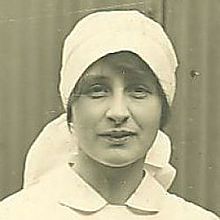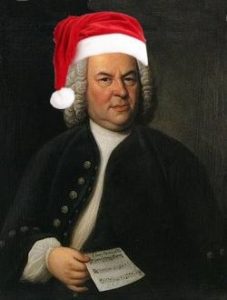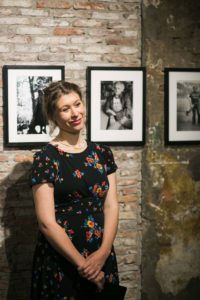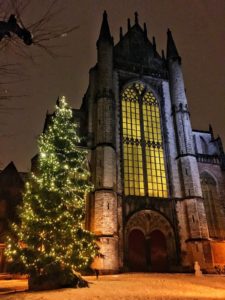Karin Churchill (1930-2018)
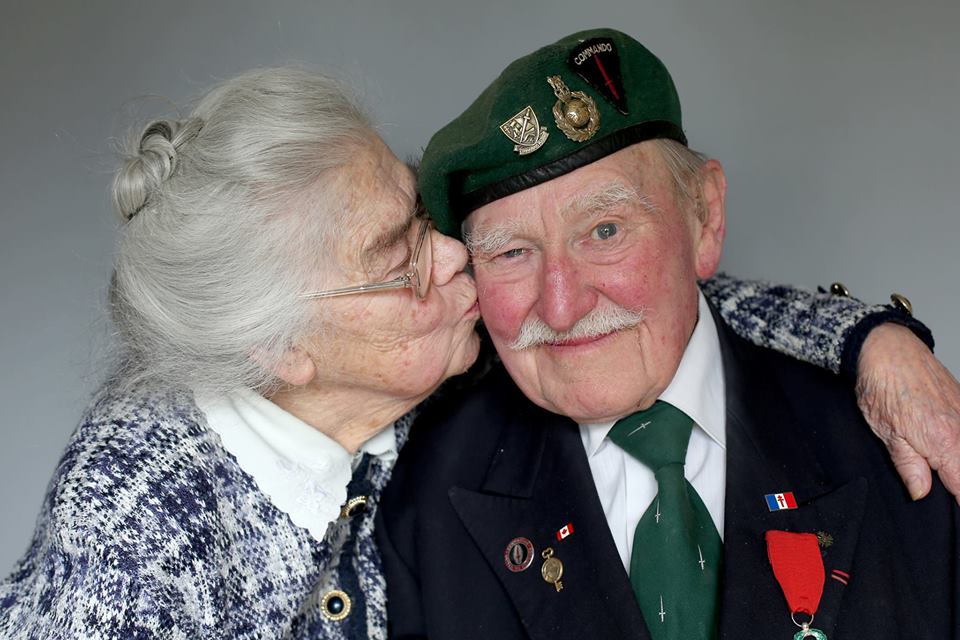
Karin and Patrick Churchill, photograph: Matt Cardy
Last Wednesday, Emma sang at the funeral of an extraordinary lady, Karin Churchill.
“I first met Karin in Normandy in 2015. She paid me a complement that suggested she understood about singing. It turned out that her mother was a mezzo-soprano.
I noticed she was wearing a medal on her left side, which meant it was her own. Karin had received her medal for rebuilding her local church after the blitz. The church in question was the Frauenkirche in Dresden.
During the blitz Karin sheltered with her mother and her twin brother in the cellar of their Dresden apartment. An unexploded British bomb left a shaft from the cellar up to the street. Karin’s brother walked out first and was immediately blinded by the heat, a blindness that would last for the rest of his lift. Karen went next. She let go of her mother’s hand to step outside.
It was the last contact she would have with her mother. When Karin returned to the cellar some days later, she found only her mother’s blue enamel earrings: her body had been cremated.
After the war, Karin decided she wanted to become a nurse and work for Mother Theresa in Calcutta. She learned Hindi and Sanskrit and she wrote to Mother Theresa. She received a reply which said she first needed to improve her English: “We have more stones here than bread,” wrote Mother Theresa, “you are much needed here.”
So Karin moved to Oxford to learn English. It was there that she met Patrick Churchill. They married in 1964, a Dresden survivor and a D-Day Commando. She never made it to India.
Karin worked at the Rivermead Rehabilitation Hospital in Oxford for people with brain injuries. One of her patients had served in the RAF as a navigator in a Lancaster Bomber: he had been flying over Dresden on the night Karin’s mother was killed. She helped him recover and in his gratitude he gave her his navigator’s torch.
At Karin’s funeral, Patrick asked me to sing the last song her mother had ever sung in public, Bach-Gounod’s “Ave Maria.” Her last performance had been a New Year’s Concert at the Frauenkirche in 1945, some six weeks before she was killed by the firebombs.”
The funeral was held in the local church in their Oxfordshire home town of Witney. Emma sang Bach-Gounod’s “Ave Maria.”

